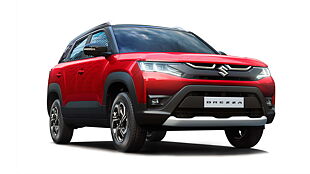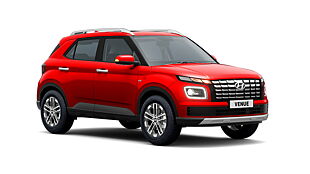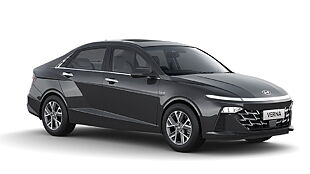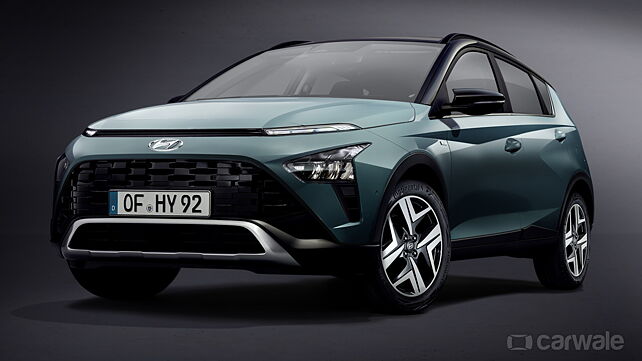
- Powered with two petrol engines
- Bayon is the brand’s entry-level SUV
Hyundai has taken the sheets off its new entry-level SUV – Bayon. Initially, the Bayon will be sold in international markets and will be positioned below the Kona, Tucson, Santa Fe, and the Nexo.

Visually, the Bayon gets a fresh design with a single-piece front-grille-mounted on the front bumper extending all the way down to the chin. The sleek LED DRLs are placed separately at the top while the triangular-shaped LED headlamps and a silver bash plate complete the stylish look at the front. The Bayon sits on 16 or 17-inch alloy wheels and the chrome line below the window line kinking towards the sloping roofline gives it a premium look. The rear looks appealing with the arrow-shaped LED taillamps and the red stripe joining the light clusters with a partly blacked-out tailgate. The dual-tone bumper housing the reflectors and the silver faux plate gives the Bayon a rugged look.

The cabin of the Bayon looks very similar to that of the newly launched i20. The horizontally placed aircon vents, four-spoke steering wheel, 10.25-inch instrument cluster, 10.25-inch/eight-inch touchscreen infotainment system with Apple CarPlay and Android Auto wireless connectivity, Bose stereo system, ambient lighting, and wireless charging make the Bayon a feature-rich car. The cabin can be had in two colour schemes – full black and dark grey / light grey.

Additionally, the Bayon is equipped with the brand’s Bluelink connected car tech. It offers a host of remote services such as car lock/unlock, find my car, vehicle alarm notification, online voice recognition, and live parking service. On the safety front, it offers semi-autonomous driving features which include lane following assist, forward collision-avoidance assist, driver attention warning, and blind-spot collision warning, among others.
Coming to the powertrain, the Bayon gets a 1.0-litre T-GDi engine with 48-volt mild-hybrid tech. This motor can be had with a 100bhp or 120bhp output coupled with a seven-speed DCT and a six-speed iMT unit. Another offering is the 1.2-litre naturally-aspirated engine which develops 84bhp and is mated to a five-speed manual gearbox.

As of now, Hyundai has no plans on introducing the Bayon in the Indian markets. The current strategy of the South Korean automaker involves the three-row Alcazar SUV which will be launched in the country in the coming months. The brand is also working on a micro-SUV (codenamed AX1) which has been spotted testing overseas, details of which can be read here.

![Hyundai Venue [2019-2022] Image Hyundai Venue [2019-2022] Image](https://imgd.aeplcdn.com/272x153/n/cw/ec/35455/venue-exterior-right-front-three-quarter-2.jpeg?q=80)
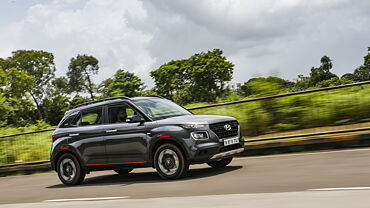
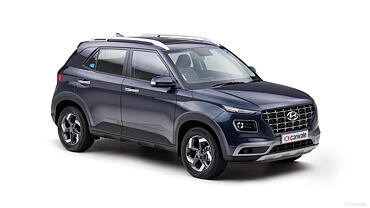

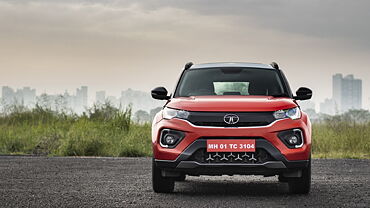
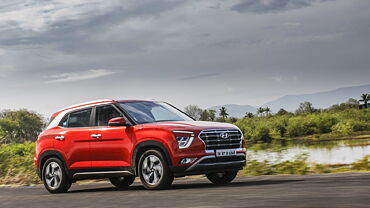
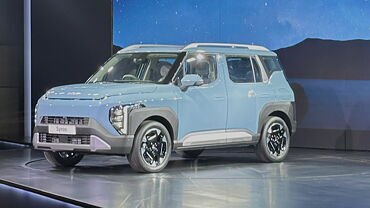


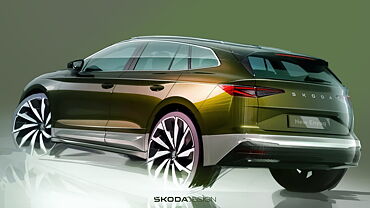


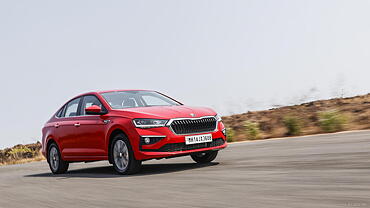
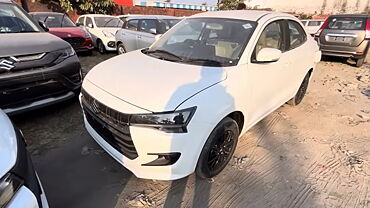


![Hyundai Venue [2019-2022] Right Front Three Quarter Hyundai Venue [2019-2022] Right Front Three Quarter](https://imgd.aeplcdn.com/199x112/n/cw/ec/35455/venue-exterior-right-front-three-quarter-2.jpeg?q=80)
![Hyundai Venue [2019-2022] Right Front Three Quarter Hyundai Venue [2019-2022] Right Front Three Quarter](https://imgd.aeplcdn.com/199x112/n/cw/ec/35455/venue-exterior-right-front-three-quarter.jpeg?q=80)
![Hyundai Venue [2019-2022] Right Side View Hyundai Venue [2019-2022] Right Side View](https://imgd.aeplcdn.com/199x112/n/cw/ec/35455/venue-exterior-right-side-view.jpeg?q=80)
![Hyundai Venue [2019-2022] Dashboard Hyundai Venue [2019-2022] Dashboard](https://imgd.aeplcdn.com/199x112/n/cw/ec/35455/venue-interior-dashboard.jpeg?q=80)
![Hyundai Venue [2019-2022] Steering Wheel Hyundai Venue [2019-2022] Steering Wheel](https://imgd.aeplcdn.com/468x263/n/cw/ec/35455/venue-interior-steering-wheel.jpeg?q=80)







